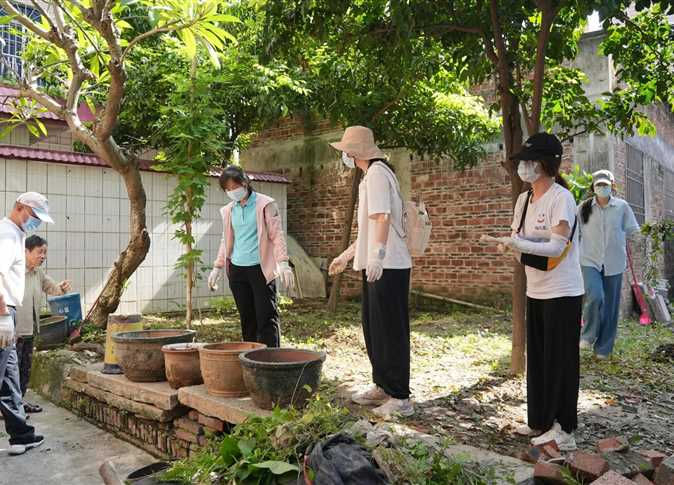China Declares All-Out War on the "Chikungunya" Virus with Drones, Elephant Mosquitoes, and Fish
- Next News
- Aug 6, 2025
- 2 min read
In a comprehensive and innovative campaign, China is using a combination of advanced technology and biological control methods to combat the "Chikungunya" virus. In the southern city of Foshan, which is experiencing the largest outbreak of the virus since 2008, officials are deploying drones, "elephant mosquitoes," and fish to fight this painful mosquito-borne disease.

Details of the Anti-Mosquito Campaign
The Chikungunya virus, a viral illness that is rarely fatal but causes high fever and severe joint pain, has rapidly infected around 8,000 people in Foshan in just four weeks. Experts attribute this outbreak to rising global temperatures, which have created a warm and humid environment ideal for mosquito breeding.
In response, Chinese officials have adopted a multifaceted strategy:
Drones (UAVs): These are being used to precisely identify mosquito breeding sites, allowing for targeted and effective intervention.
Elephant Mosquitoes (Toxorhynchites): This species of giant mosquito does not bite humans, and its larvae prey on the larvae of the virus-carrying mosquito. They have been introduced into breeding areas to naturally eliminate the pests.
Mosquito-eating fish: Thousands of these fish have been released into the city's ponds to help eradicate mosquito larvae.
Strict Measures and Penalties
After the first imported case of Chikungunya was discovered on July 8, Chinese authorities implemented strict measures to prevent its spread. Citizens are required to spend at least three minutes each morning cleaning out all sources of stagnant water in their homes, with severe penalties for non-compliance.
Fines and Penalties: Residents who fail to cooperate may be fined or, in serious cases, face criminal charges for "obstructing infectious disease prevention." Reports indicate that electricity has been cut off to at least five homes due to non-cooperation.
Inspection Campaigns: Community service workers in red vests are going door-to-door to inspect homes and order residents to dispose of any stagnant water.
Quarantine: Infected individuals are sent to "quarantine wards" in hospitals, where they are isolated behind mosquito nets and barriers to prevent the virus from spreading.
These stringent measures are reminiscent of aspects of the COVID-19 pandemic response, as the city's 10 million residents are being mobilized in a "national public health campaign."
About the Chikungunya Virus
The Chikungunya virus is transmitted by the Aedes mosquito, the same species that carries dengue fever and Zika. It was first identified in southern Tanzania in the 1950s, with its name derived from the Makonde language, meaning "that which bends up," a reference to the stooped posture of those suffering from the pain. Mosquitoes can breed in even the smallest collections of water, making effective control a challenging task that requires constant vigilance.









Comments